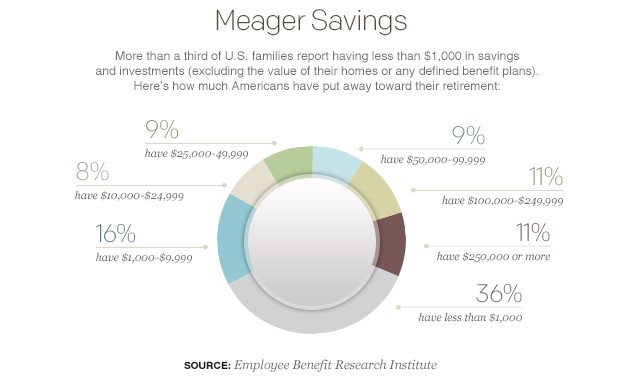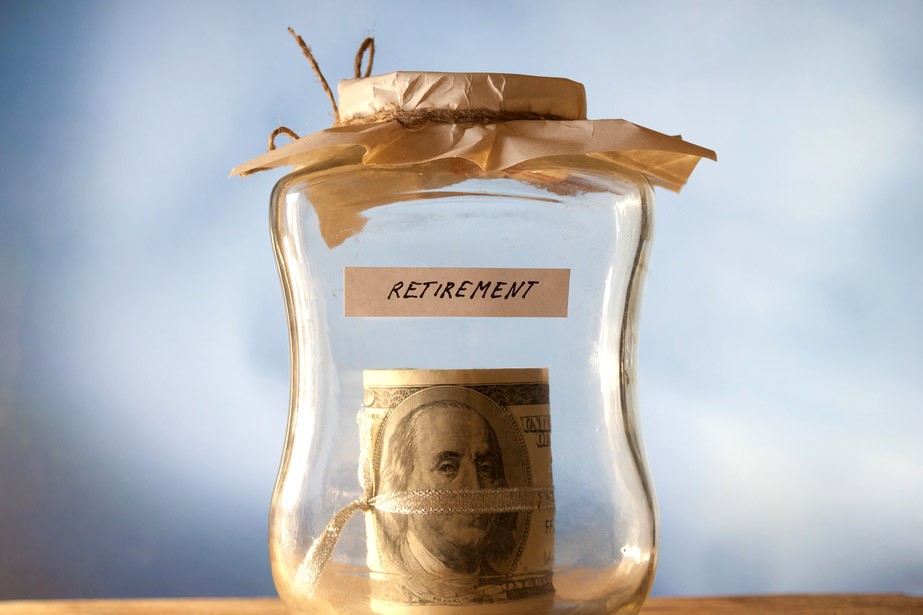Retiring at 65 The New American Pipe Dream
Post on: 6 Октябрь, 2015 No Comment

Those on the edge of retirement may be forced to take a step back. By taking “income” out of “fixed income,” the Federal Reserve has made retirement a pipe dream for many. And you can send all your letters of thanks to Federal Reserve Chairman Ben Bernanke.
For many Americans, those days of certainty could be coming, or have already come, to an end.
When we entered the new millennium, 30-year Treasury bonds yielded more than 6.6% annually. Fast-forward to November 2012, and 30-year Treasury bonds have fallen to a paltry annual rate of 2.9%. That 56.5% drop dwarfs the declines that were experienced in the 90s. (Source: “30 year Treasury Rate,” multpl web site, last accessed November 2, 2012.)
Let’s put that into perspective. Back in 2000, you would have made $6.00 a year on your $100.00. In 2012, thanks to the helping hand of the Federal Reserve’s Bernanke, to get that same fixed annual income, you would need to have $200.00 in savings.
In 2012, Americans need to more than double their wealth just to get to the same starting block in 2000. Unlike the banks, however, you can’t rely on Bernanke to print money and bail you out. You’re on your own—in more ways than one.
The late-1990s dot-com boom on Wall Street was a windfall for many retail investors. The so-called easy returns also drew in a number of investors from the sidelines.
As a result, the financial crisis of 2008–2009 saw a large number of Americans exposed to declines in both Treasury bonds and the stock market.
According to a recent Wells Fargo study, 70.0% of middle-class Americans aren’t comfortable investing retirement money in the stock market. They prefer to store their money away in CDs or gold. (Source: “Wells Fargo Study Finds Middle Class Americans Teeter on Edge of Retirement Cliff,” Well Fargo & Co. October 23, 2012.)
Those who were economically destroyed from the financial crisis faced further headwinds when Bernanke, as Chairman of the Federal Reserve, lowered the interest rates and increased the money supply. The end result: you earn less on your devalued U.S. dollar.
Where are retirees to turn? The employment line, it seems. A growing number of middle-class Americans don’t expect to fully retire until they’re in their 80s. In a different Wells Fargo study, one-third of respondents said they plan to delay retirement until age 80 or older. That’s up from the 25.0% who planned to retire at age 80 during last year’s survey. They cited loss of income, insufficient savings, low returns, higher-than-expected current expenses, and low wage growth as the reasons for postponing retirement. (Source: “More Americans Delaying Retirement Until Age 80,” Yahoo! Finance from CNNMoney, October 25, 2012.)

Why should middle-aged Americas care about those entering their golden years? Because the government is expecting you to pay an increasing amount to foot the bill. On October 16, the Social Security Administration announced that monthly benefits for nearly 62 million Americans will increase 1.7% in 2013. As a result, an extra 10 million workers in the U.S. will pay higher Social Security taxes. (Source: Social Security Administration, October 16, 2012).
In the early stages of the financial collapse, lowering interest rates was the only real weapon the Federal Reserve had in its arsenal. But longer term, keeping the interest rates low has become counteractive. Decreasing interest rates and printing money has benefited some—just not those Americans who were saving money and want to retire with the same standard of living.
After having fixed-income rates slashed by more than 50.0%, a staggeringly high number of Americans have had to rethink their retirement and investment strategy. Knowing it was done to bail out the banks is a tougher pill to swallow.
The “stimulus” injected into the U.S. economy by the Federal Reserve over the last four years has had dire consequences for those retirees who based their future on a fixed income. Furthermore, Treasury bonds don’t even outpace inflation. And with interest rates expected to remain dismally low until at least 2015, the future does not look bright.
If you’re approaching retirement and were looking forward to a fixed income, the Federal Reserve has given you two options: save more or work until you drop.














